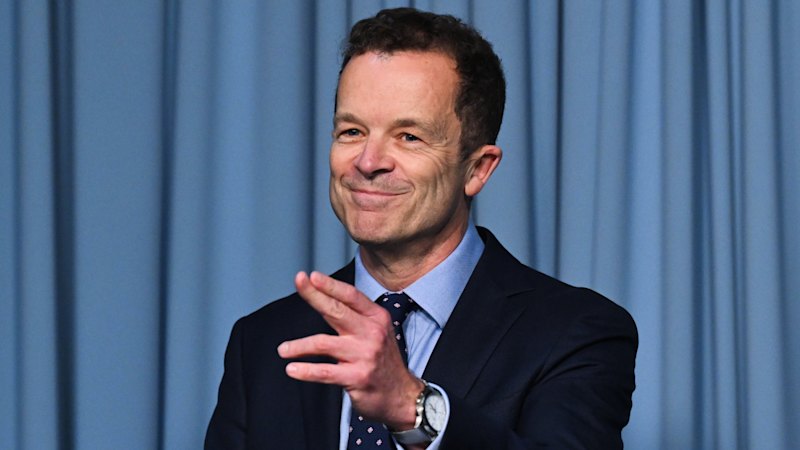
Mark Speakman has stepped down as the leader of the Liberal Party following a challenging 24 hours for the party. Initially determined to remain in his position, Speakman ultimately chose to resign after discussions with political allies, including former Pittwater MP Rob Stokes. His departure marks a significant moment for the party, which has faced considerable internal turmoil and shifts in leadership dynamics.
As the day unfolded, Speakman delivered a passionate defense of his leadership during a series of media appearances across Sydney. “Reports of my death are grossly exaggerated and I’m here to fight,” he declared emphatically in a morning radio interview. Despite his strong stance, the sentiment within the party had already shifted away from him, making it clear that his leadership was no longer tenable.
The decision to resign came after intense deliberations among party members, many of whom were taken by surprise by Speakman’s abrupt change in tone. His leadership, while initially well-regarded, was overshadowed by ongoing concerns regarding the party’s brand and identity in the wake of the 2023 election.
Transitioning Leadership
Looking ahead, it appears that Vaucluse MP Kellie Sloane is poised to succeed Speakman as the new leader. Sloane, a first-term politician and former journalist, has long been considered a suitable candidate for the role. Her clean political slate and lack of factional enemies make her an appealing choice for party members seeking a fresh direction.
However, Sloane has shown reluctance to take the reins, recognizing the challenges that come with leading an opposition party. The role can often be a thankless one, particularly for a party grappling with significant reputational issues. Additionally, Sloane has expressed a desire not to be seen as the individual who ended Speakman’s leadership, indicating that she would prefer a more collaborative approach to leadership change.
The internal dynamics within the Liberal Party will be crucial as it navigates this transition. With Speakman’s resignation, the party has an opportunity to redefine its identity and rebuild its image. The selection of a new leader could serve as a pivotal moment, potentially setting the tone for future electoral strategies and party cohesion.
As the Liberal Party moves forward, the focus will be on how Sloane and her prospective leadership team address the challenges ahead and whether they can restore confidence among party members and the electorate alike.






